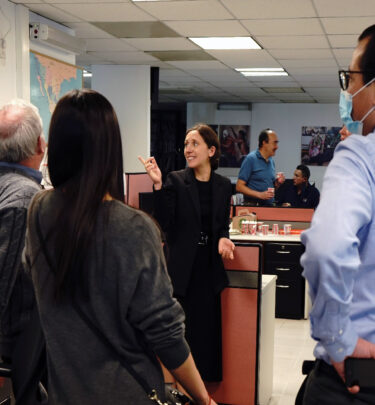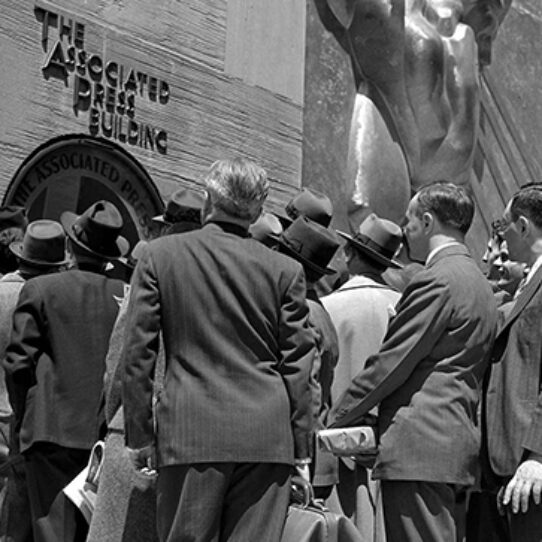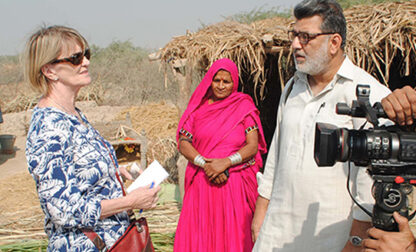
For over 175 years, the people of The Associated Press have had the privilege of bringing news and information to the world.
We have gone to great lengths, overcome great obstacles – and, too often, made great sacrifices – to ensure that the news was reported quickly, accurately and honestly, in a balanced and impartial way. Our efforts have been rewarded with trust: More than half the world’s population sees AP news content on any given day.
In the 21st century, that news is transmitted in more ways than ever before – online and mobile, in print and on the air, in words, video, photographs, interactives, graphics, data and audio. No matter the platform, we insist on the highest standards of integrity and ethical behavior as we gather and deliver the news.
Our values and principles
-
Bias
We abhor inaccuracies, carelessness, bias or distortions.
-
False information
We will not knowingly introduce rumor or false information into material intended for publication or broadcast; nor will we distort visual content. Quotations must be accurate and precise. We preserve the appropriate professional distance from those we cover.
-
Sources of our information.
We always strive to identify all the sources of our information. We shield them with anonymity only when they insist upon it for a valid reason and when they provide vital information – not opinion or speculation; when there is no other way to obtain that information; and when we are confident the source is reliable and in a position to know. We don’t plagiarize, and we respect copyright.
-
Copyright
We don’t plagiarize, and we respect copyright.
-
Conflicts of interest
We avoid behavior or activities that create as a conflict of interest that compromise our ability to report the news fairly and accurately, uninfluenced by any person or action.
We clearly identify advertising on our platforms, and keep AP commercial activities separate from our newsroom. -
Anonymous sources
We don’t misidentify or misrepresent ourselves to get a story. When we seek an interview, we identify ourselves as AP journalists. We balance the newsworthiness of a story with respect for privacy and safety interests when pursuing images.
-
Trips
We don’t pay newsmakers for interviews, to take their photographs or to film or record them. We do not provide full lists of questions in advance or allow interview subjects to approve our text or images before publication.
-
Responses & Corrections/ correctives
We must be fair. Whenever we portray someone in a negative light, we must make a real effort to obtain a response from that person.
When mistakes are made, they must be corrected – fully, quickly, transparently and ungrudgingly.

“I have no thought of saying The Associated Press is perfect. The frailties of human nature attach to it,” wrote Melville Stone, the great general manager of the AP. But he went on to say that “the thing it is striving for is a truthful, unbiased report of the world’s happenings … ethical in the highest degree.”
He wrote those words in 1914. They are true today.
The policies set forth in these pages are central to the AP’s mission; any failure to abide by them is subject to review, and could result in disciplinary action, ranging from admonishment to dismissal, depending on the gravity of the infraction.



